All About Your Microbiome

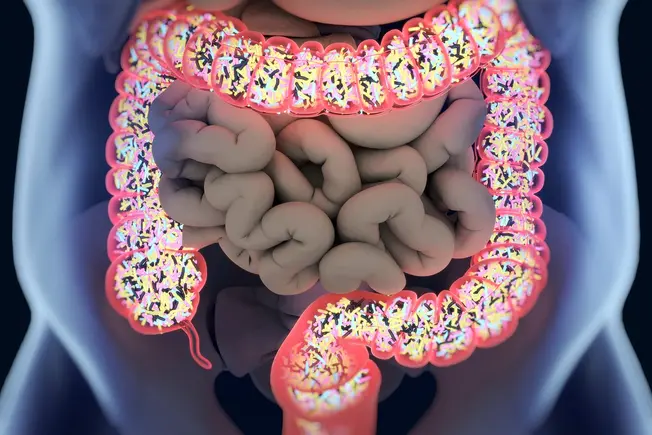
What Is It?
Did you know your body is home to trillions of tiny organisms called microbes? No worries -- those “bugs” are supposed to be there! Together, they make up your microbiome. It’s all over your body but mainly in your gut. Your microbiome is closely tied to your health in ways you might not expect. And researchers are studying how it might improve health from head to toe.
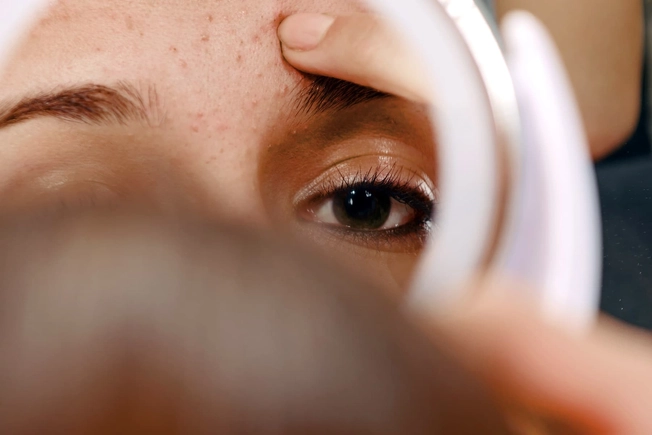
Your Skin
That doesn’t mean you’re dirty. Your microbiome helps keep your skin healthy. An imbalanced microbiome can lead to skin problems. For instance, too many pimple-causing bacteria can lead to acne. The allergic skin condition eczema is linked to another type of bacteria.
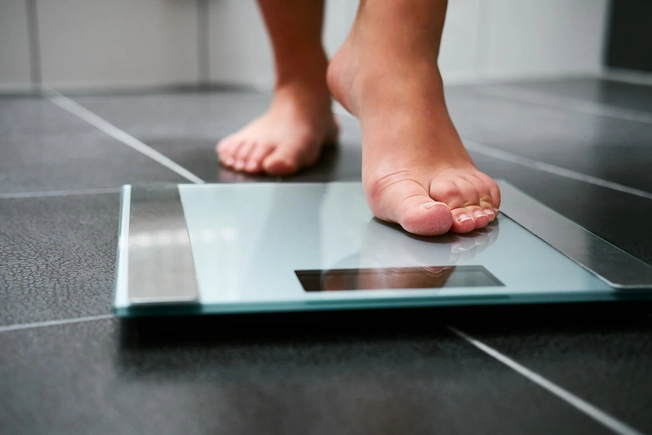
Your Weight
Your microbiome may change as you gain and lose weight. Some studies have found that overweight people tend to have more of the types of microbes that harvest energy from food and help the body store fat. This can set the stage for weight gain -- and it may be related to eating too much fat, sugar, and carbs with little fiber. But other researchers say it’s too early to know the exact links between the microbiome and the scale.
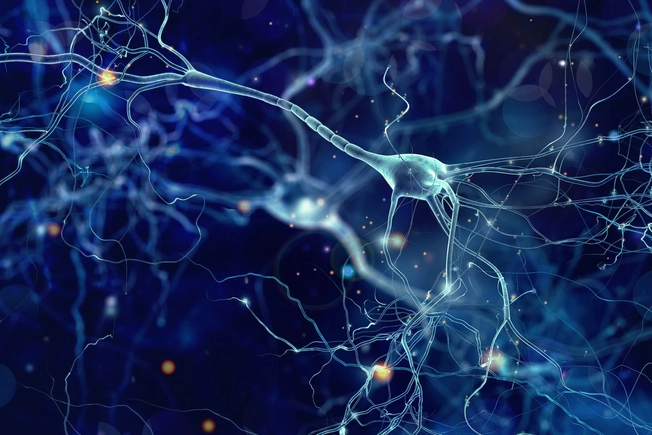
Brain Health
Your gut and your brain talk back and forth to each other, connecting through millions of nerve cells. Scientists have linked certain changes in the gut microbiome to stress, depression, and anxiety. It may also be tied to Alzheimer’s disease. One study found people with Alzheimer’s have less diverse microbiomes. This may lead to inflammation and a rise in proteins related to Alzheimer’s disease. But that’s not yet certain.
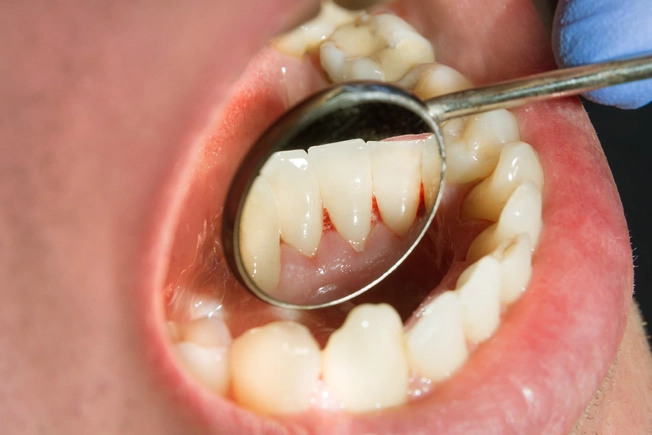
Your Mouth
There are more than 700 types of bacteria in your mouth. A few types of bacteria turn the sugar from food into acid. If you don’t brush them away, the acid can eat into your teeth’s enamel. This causes cavities. Experts also think that certain microbes may trigger inflammation in the mouth, leading to gingivitis and gum disease. People who tend to get cavities have a different microbiome than those who don’t.
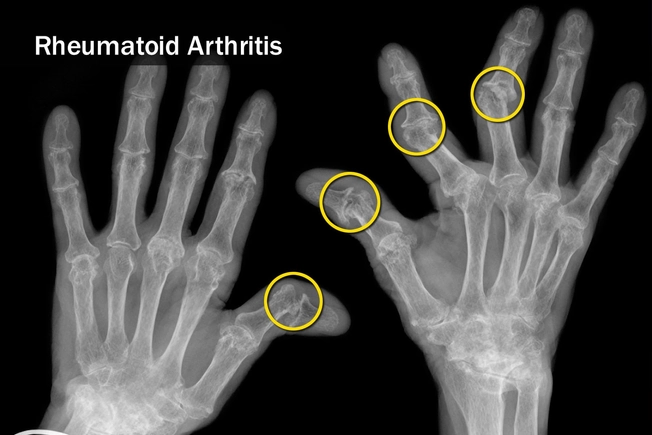
Autoimmune Diseases
With these conditions, your immune system attacks certain parts of your body. Examples include fibromyalgia, lupus, multiple sclerosis, rheumatoid arthritis, and type 1 diabetes. They tend to run in families, and some researchers think that they may be passed down through the microbiome.
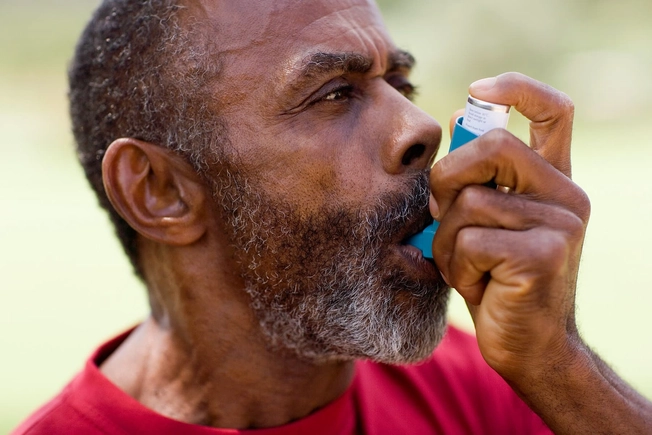
Allergies and Asthma
The microbes in your gut and lungs may lead to allergies and asthma. These conditions cause your immune system to attack harmless substances, such as dust. In fact, the microbiome may be one reason why allergies and asthma are on the rise. Over the past 30 years, rates have tripled. Some experts think that microbiome changes from antibiotic use and a shift in diet may be part of the reason for that.
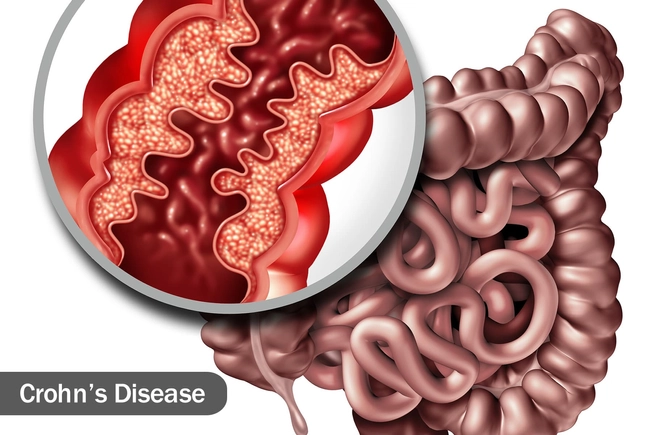
Inflammatory Bowel Diseases
These are a group of conditions that cause your intestines to become inflamed. They include Crohn’s disease and ulcerative colitis. The way your gut microbes affect the cells that line your intestines may play a role in these diseases. Certain types of bacteria may irritate the intestines. Some people with Crohn’s disease have a gene glitch that lets gut bacteria enter the intestine’s walls. This can trigger inflammation.

When You’re Born
Like a fingerprint, your microbiome is unique. Some of it may come from your mom, depending on how you were born. During vaginal delivery, babies get coated in their mother’s microbiome as they go through the birth canal. But that doesn’t happen in a C-section. Research shows that babies delivered by C-section are more likely to grow up to have allergies, but it’s not clear why.

A New Area of Medicine
Scientists are looking for ways to improve the microbiome to help people avoid certain diseases or respond to treatments better. But some medicines can harm it. One round of antibiotics can change your microbiome for up to a year. (Antibiotics don’t just kill the bacteria that make you sick. They also kill your helpful gut bacteria.) And a study of more than 1,000 drugs showed that 1 in 4 affected bacteria growth. These included blood pressure, cancer, and diabetes medications.
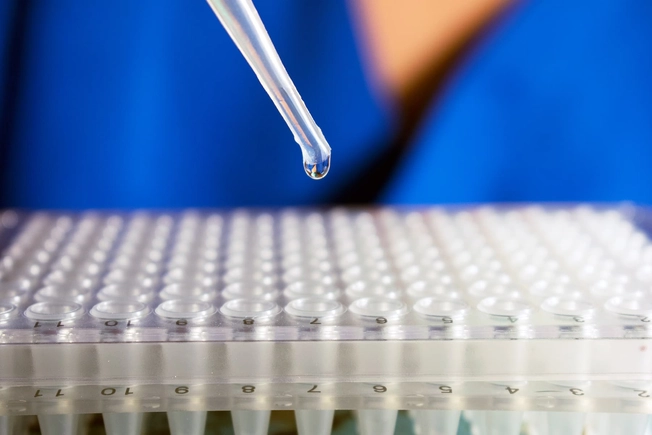
It May Help Fight Cancer
Researchers are working to harness the power of the microbiome in cancer treatments. With immunotherapy, your body’s immune system destroys cancer cells. Research shows that the microbiome helps these drugs work better by sending signals to immune cells. Scientists are working on creating microbiome medicines that can be given alongside cancer treatments.

It Can Change
Your microbiome includes both “good” and “bad” bacteria. They create a healthy balance in the body. Some things, such as certain diets or antibiotics, can disrupt it. But your lifestyle can help it. Imbalances in the microbiome have been linked to a wide range of conditions, including Alzheimer’s, cancer, and immune system diseases. But doctors don’t yet know if the microbiome is to blame or is an innocent bystander.

How to Help Your Microbiome
Simple daily habits make a difference. What you eat can change the microbes that live in your body. High-fiber foods (such as veggies, whole grains, and fruit) feed the helpful bacteria in your colon. They also discourage the growth of some harmful ones. Probiotic foods, such as yogurt and pickled vegetables, also deliver helpful bacteria to your gut. Getting enough sleep, easing stress, and exercising may also improve your microbiome.
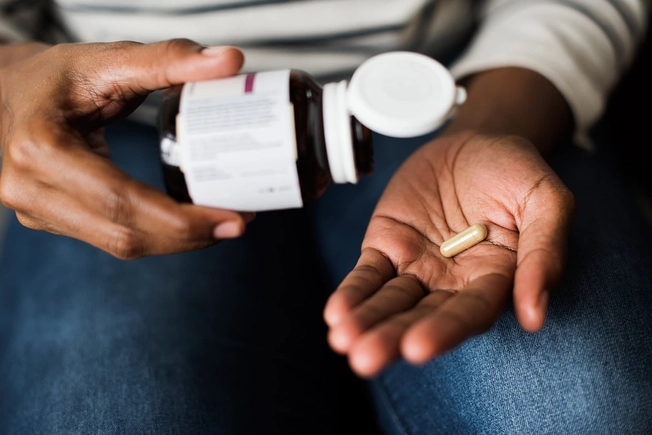
Should You Take Probiotics?
Each year, Americans spend more than a billion dollars on probiotic supplements. Do they work? The jury’s still out. Not all probiotics are the same, and everyone has different microbiomes. A supplement that’s helpful for someone may not have an effect on another person. Talk to your doctor. Probiotics are usually safe for healthy people. But those with health conditions may need to steer clear.